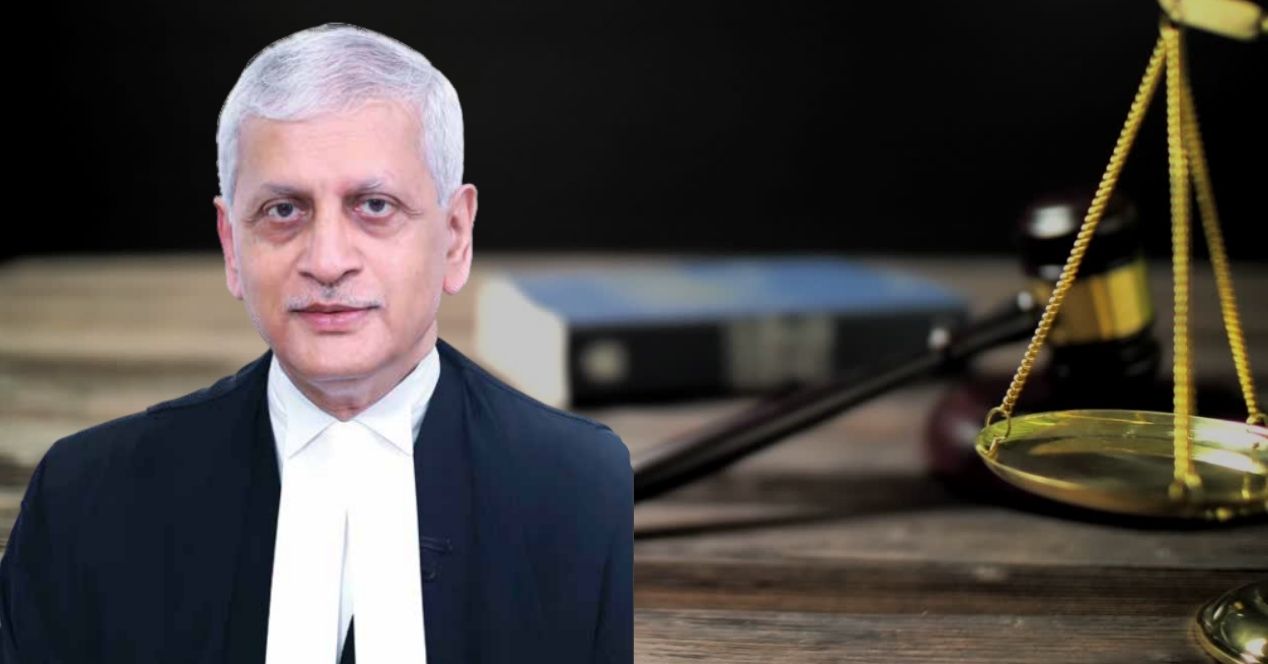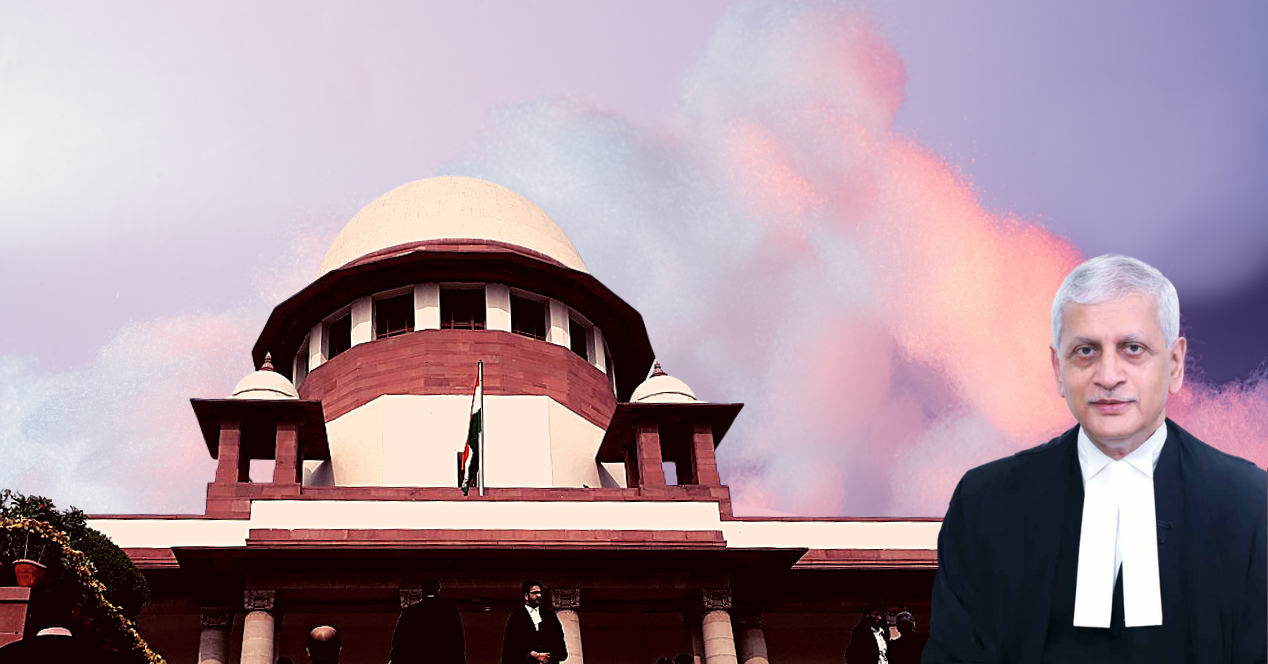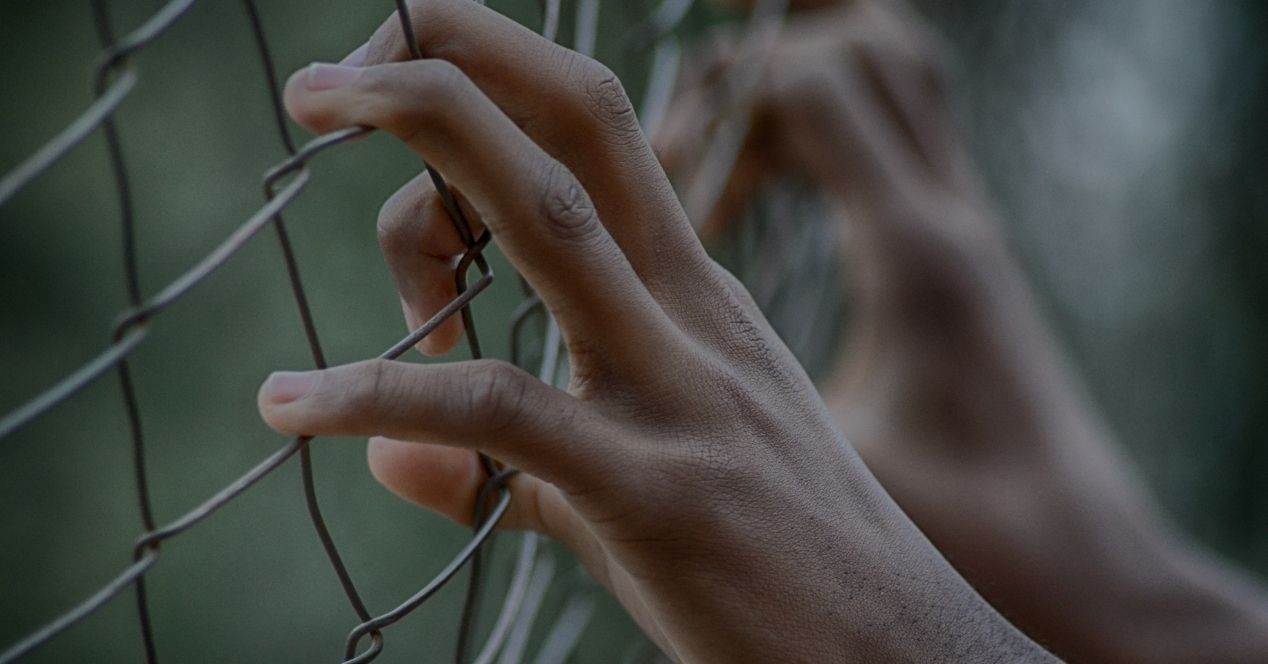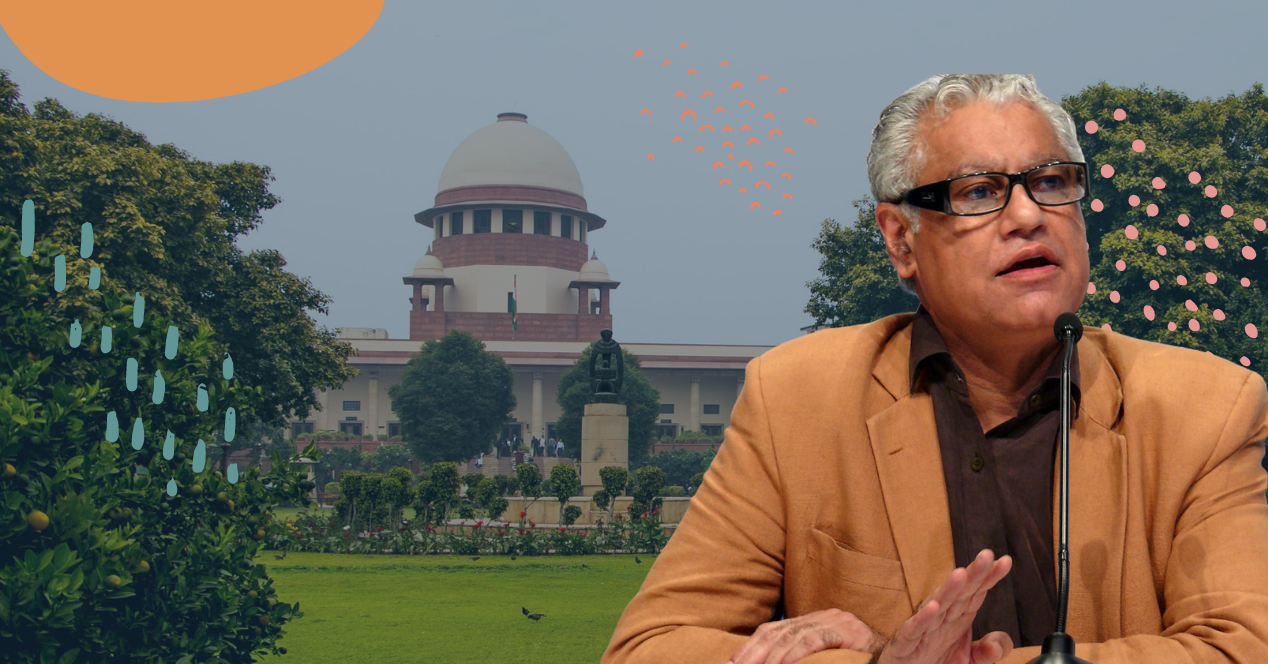Analysis
CJI Lalit’s Notable Judgments: Constitution Benches and Criminal Law
CJI Lalit was a member of multiple Constitution Bench decisions including on the day of his retirement.
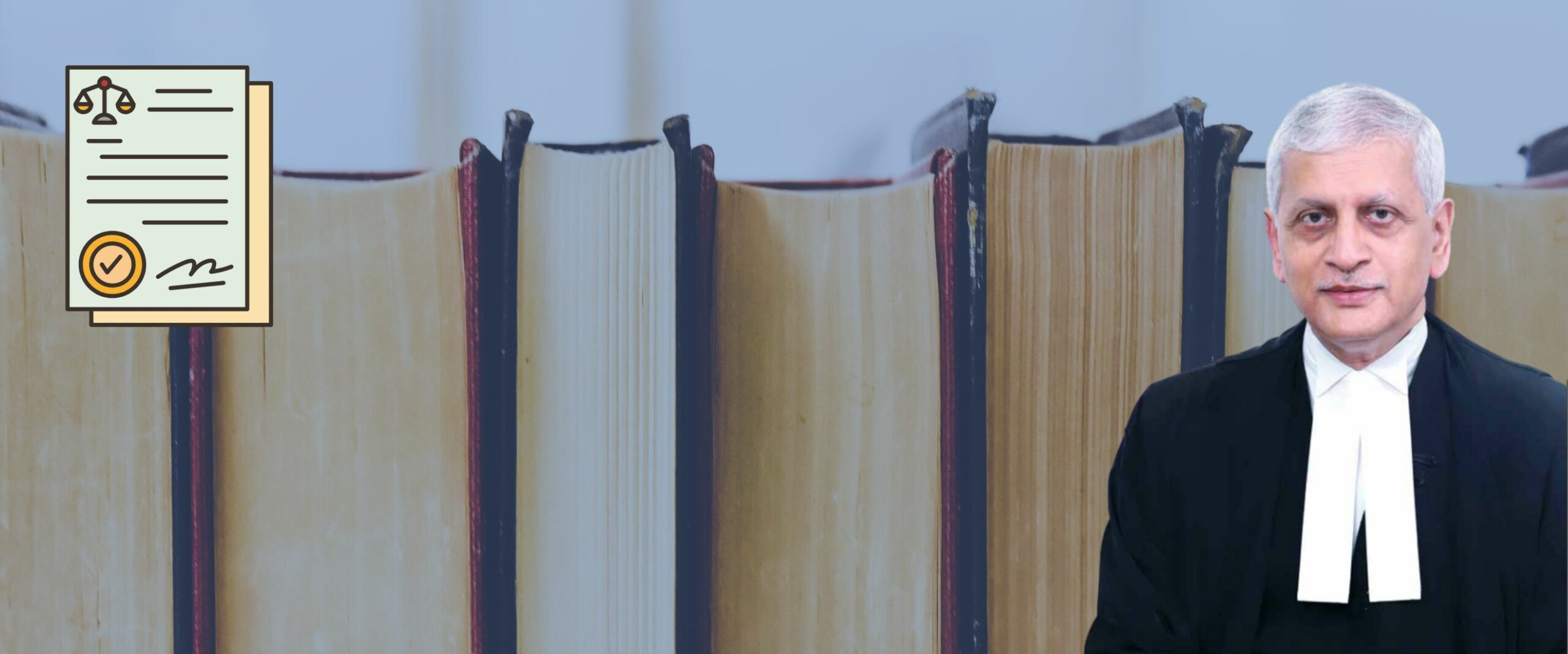
In the last few months of Chief Justice U.U. Lalit’s tenure, his administrative reforms received a bright spotlight. While these reforms may define his legacy at the Supreme Court, the foundations of his career as a Judge were laid through the Judgments he wrote and the Benches he was a part of.
CJI Lalit was a member of multiple Constitution Bench decisions during his tenure before attempting a Constitution Bench revival as soon as he took the Chief’s office. Besides these cases, he authored important Judgments in a wide-range of cases as a part of smaller Benches. His criminal law Judgments provide a snapshot of CJI Lalit’s emphasis on safeguards in cases with questions involving the death penalty. He also wrote Judgments on the scope of Freedom of Speech in Parliament and whether agricultural land could be transferred through a Will.
Finding a Middle Ground Between Life Sentence and Death Penalty
In February 2014, the Tamil Nadu government sent a letter to the Union proposing the release of seven persons serving life-sentences for the assassination of former Prime Minister Rajiv Gandhi in 1991. The Union of India immediately approached the Supreme Court requesting that the letter be quashed. In April 2014, the SC referred the case of Union of India v Sriharan to a 5-Judge Constitution Bench to consider if a special category of sentences can be created where the Union or States cannot provide remission even if the convict has served more than 14 years of a life sentence. The Constitution Bench was also asked to clarify the different situations where the State or the Union would be the primary authority to decide whether to remit the sentence of a convict.
In December 2015, the 3-Judge majority held that sentences which excluded the possibility of remission could be granted depending on the gravity of the crime. However, Justice Lalit, writing for himself and Justice A.M. Sapre, in his dissent stated that even death-row convicts must have the opportunity for remission. Allowing a sentence that excluded remission was excessive.
The dissenting Judges, however, agreed with the majority on other points. They unanimously held that the State could not suo moto exercise it’s power of remission under the Code of Criminal Procedure, 1973, like the Tamil Nadu government did in this case. Convicts must first make an application for remission to be considered. Further, in cases where the Central Bureau of Investigation has made the arrest, as they had in this case, the State cannot remit the sentence without first receiving the Union government’s permission. Consequently, the Bench unanimously held that the State did not have the power to unilaterally remit the sentences of the seven accused persons.
Emphasising the Importance of Process in Potential Death Penalty Cases
In February 2013, the accused, Mr. Anokhilal, was arrested by the Madhya Pradesh police and charged with kidnapping and murdering a 9-year old girl. As he did not have representation of his own, the Legal Aid Services Authority appointed an advocate to represent him on February 19th, 2013. However, the trial began immediately and Mr. Anokhilal was convicted on March 4th, 2013.
This decision was appealed at the Supreme Court in Anokhilal v State of Madhya Pradesh, where Mr. Anokhilal claimed the trial was conducted in a prejudiced and unfair manner since his advocate was not given time to prepare. Justice Lalit authored the majority opinion agreeing with the accused in December 2019. Sections 227 and 228 of the Code of Criminal Procedure, 1973, state that charges must only be framed after hearing the submissions of both parties. In this case, the Court stated that the advocate for the accused could not have possibly prepared to make their submissions properly as they were appointed on the day charges were framed. They further found that the Trial Court finished hearing the case in under a month and did so in a manner that ‘definitely left glaring gaps’.
The Bench held that Courts must ensure that the individual accused of an offence punishable with death is given ‘full opportunity’ at every stage of the trial to plead their case. The Trial Court’s conviction was set aside and the Bench directed the case to be heard afresh.
Parliament’s Freedom of Speech During Proceedings is Absolute
On March 10th, 2015, former SC Judge Markandey Katju published two posts on Facebook. The first was titled ‘Gandhi – A British Agent’ and claimed Mahatma Gandhi had caused great harm to India. The second post claimed Netaji Subash Chandra Bose was an agent of Japanese fascism. Over the next two days, both the Rajya Sabha and the Lok Sabha passed Resolutions condemning Justice Katju’s remarks.
In June 2015, Justice Katju filed a petition requesting the SC to quash both the Resolutions. He claimed that the guarantee of absolute freedom of speech and expression granted to Parliament by Article 105 of the Constitution of India could not be used to silence dissenting opinions of individuals, which are protected by Article 19(1)(a). He argued that Parliament’s right did not apply when the individual was not discharging any public duties and their speech was not interfering with the Parliament’s functioning.
Justice Lalit wrote the unanimous Judgment for the 3-Judge Bench in Justice (Retd.) Markandey Katju v Union of India in December 2016. They held that Justice Katju had successfully expressed his opinion and his speech wasn’t curtailed in any way. Meanwhile, Parliament and its members are guaranteed absolute freedom of speech and expression during Parliamentary proceedings and cannot be held liable in Court for anything they say or any votes that they cast. They also possess the freedom to speak about any subject that is of ‘general public interest’. The Bench then dismissed former Justice Katju’s case.
Dissenting Opinion on ‘Corrupt Practices’ in Elections
In 1996, the Supreme Court disqualified Abhiram Singh as an MLA for Goa’s Santa Cruz Constituency for making communal statements during the elections. In the Judgment, the 3-Judge Bench referred the question of what constitutes a ‘corrupt practice’ under Section 123 (3) of the Representation of People Act, 1951 to a 5-Judge Constitution Bench. The provision states that appeals to individual identities during elections through markers like religion, race, caste, community or language amounts to a ‘corrupt practice’. This case was then tagged with a similar case pending before a 7-Judge Bench where the election of Sunderlal Patwa as an MLA was challenged under the same provision in 1993.
The 7-Judge Bench in Abhiram Singh v C.D. Comachen began hearing the case in 2016 to decide the scope of this provision. Specifically, if it only penalised statements about other candidates or included statements referring to voter identities. In January 2017, the majority held that candidates who made references to voter’s identities must be disqualified. Justice Lalit was one of three Judges who dissented and held the provision must be strictly interpreted—it should only punish references to the identity of another candidate. The dissenting Judgment, authored by Justice D.Y. Chandrachud, said prohibiting appeals to voters’ identities would ‘reduce democracy to an abstraction’ and would violate the candidate’s Freedom of Speech and Expression. Read SCO’s background of the case here.
Governor and President Only Have Temporary Legislative Power
In 1989, the Bihar government through the Governor passed or ‘promulgated’ an Ordinance giving the government control over 429 Sanskrit schools in the State. These Ordinances were re-promulgated several times for the same purpose but were never placed before the State Legislature as required by Article 213 of the Constitution of India. Multiple school teachers filed petitions at the Patna HC demanding salaries from the government, claiming they were now government employees. However, in 1998 the Patna HC held that the re-promulgation of ordinances without placing them before the Legislature was unconstitutional and dismissed the petition. The teachers appealed this decision at the SC where the specific issue of whether Ordinances could be re-promulgated without placing them before the Legislature was referred to a 7-Judge Bench in November 2004.
In June 2017, Justice Lalit was a member of the 5-Judge majority which held that re-promulgating Ordinances without placing them before the Legislature was unconstitutional. The Governor only has temporary legislative power to pass Ordinances until they must be placed before the Legislature within six weeks. Therefore, the Bench held that teachers did not have the status of a government employee and dismissed the case. Read SCO’s Background of the case here.
Talaq-e-Biddat is Irrational, Excessive and Unconstitutional
In October 2015, a Muslim man named Rizwan Ahmed divorced his wife, Shayara Bano, through the practice of talaq-e-biddat or verbal Triple Talaq. This is a Muslim religious practice that allows unilateral divorce that does not require the wife’s consent. The husband merely has to say the word talaq thrice to obtain an instant divorce. In February 2016, Ms. Bano filed a petition at the SC challenging the constitutionality of talaq-e-biddat. This case was referred to a 5-Judge Constitution Bench in March 2017 which Justice Lalit was a part of.
In August 2017, Justice R.F. Nariman wrote the majority opinion for himself and Justice Lalit (Justice K.M. Joseph wrote a separate but concurring opinion). They held that the practice of talaq-e-biddat was ‘manifestly arbitrary’ as it was irrational and excessive. In a 3:2 split the practice was declared unconstitutional. Read SCO’s background of the case here.
Dissent in the Challenge to Reservations for Economically Weaker Sections
On January 9th, 2019, Parliament enacted the Constitution (103rd) Amendment Act to introduce reservations for ‘Economically Weaker Sections’ (EWS) of society. These reservations are solely based on economic criteria and exclude Scheduled Castes, Scheduled Tribes and Other Backward classes who are already benefitting from existing reservation schemes. The Amendment was immediately challenged at the SC.
The petitioners argued that EWS reservations violated the Right to Equality by discriminating against SCs, STs, and OBCs while also breaching the 50% ceiling on reservations laid down in Indra Sawhney (1992). The Union government argued that EWS reservations were necessary to address the overwhelming poverty within the ‘general category’ that does not currently benefit from reservations. Further, they argued that EWS reservations form a separate ‘compartment’ and the 50% ceiling only applies to reservations for SCs, STs and OBCs. Read SCO’s breakdown of the arguments made by the parties here.
In August 2020, the case was referred to a 5-Judge Constitution Bench. The Bench was led by CJI Lalit and heard arguments in the case over seven days in September 2022. Read SCO’s background of the case to find detailed reports on all the hearings here.
The Bench delivered its Judgment on November 7th, 2022—CJI Lalit’s last working day at the Supreme Court. In a 3:2 split the Amendment and EWS reservations were upheld. The majority, comprising Justices D. Maheshwari, B.M. Trivedi and J.B. Pardiwala, agreed with most of the Union’s arguments. However, Justice S.R. Bhat wrote a dissenting opinion for himself and CJI Lalit. They strongly stated that EWS reservations were discriminatory for excluding SCs, STs and OBCs and said it was ‘delusional’ to believe that those getting caste-based reservations were more fortunate than the forward caste poor. Referring to the data submitted by the Union, they found that a majority of people who would qualify for EWS reservations without this exclusion are members of these ‘backward’ classes.

